When choosing an electric scooter, it’s important to consider how much weight it can handle. The weight capacity of a scooter affects its performance and safety, ensuring a smooth ride. Most models are designed to handle between 220 and 300 pounds or more. Choosing the right weight limit for your needs helps ensure comfort and durability.
Let’s take a deeper look at what factors affect a scooter’s weight capacity, what the weight ranges are for different electric scooters, and how to choose the best scooter for you.
What Factors Determine a Mobility Scooter's Weight Capacity?
Several key factors determine the weight capacity of a mobility scooter, and understanding these factors can help you choose the right model for your needs. Here are the main aspects that affect the weight capacity of an electric scooter:
1. Motor Power: A powerful motor helps your scooter easily handle your weight, ensuring smooth acceleration and stable performance, even on slopes or rough terrain. If the motor is too weak, you may experience slower speeds and decreased control when carrying more weight.
2. Battery Capacity: With a larger battery, your scooter can maintain its performance and range even as you carry extra weight. Smaller batteries may drain quickly, forcing you to charge more frequently and limiting the distance you can travel on a single charge.
3. Frame Strength: A scooter’s frame is made of sturdy materials like steel or reinforced aluminum to support your weight without bending or breaking, ensuring stability. This durability is essential for long-term use, especially with higher weight capacities.
4. Tire Size and Suspension: Larger tires and a good suspension system help distribute your weight evenly, making your ride more stable and comfortable. These features are crucial if you’re riding on uneven surfaces or rough terrain, as they help absorb shock and provide a smoother ride.
5. Seat and Platform Design: The wider seat and spacious platform provide you with more support and comfort, and help to evenly distribute your weight. This design is to maintain.

How Much Weight Can Different Types of Mobility Scooters Handle?
Travel or Portable Scooters
Travel or portable scooters are lightweight and easy to fold or disassemble, making them great for travel. They can handle 250 to 300 pounds, such as the Paiseec Mobility Scooter S1, which can handle 265 pounds. While they are easy to transport and can be easily stored in the trunk of a car, their compact design limits their durability and comfort on rough terrain.
Three-Wheeled Scooters
These scooters have a smaller turning radius and are more maneuverable, making them ideal for indoor use or navigating crowded areas such as shopping malls. They can handle about 300 to 400 pounds. This is a comfortable choice if you need to navigate a small space.
Four-Wheeled Scooters
4-wheel scooters have two front wheels for excellent stability and are more suitable for outdoor use, and can handle 350 to 450 pounds. They are suitable for a variety of terrains, from city sidewalks to park trails. As well as being safer when carrying more weight, they are also more reliable on uneven surfaces.
Heavy-Duty Scooters
These types of scooters are designed to handle heavier weights, can handle 500 to 600 pounds, and are built to last. They feature reinforced frames, wider seats, enhanced suspension systems, and powerful motors for all terrains. It also has some luxury features, such as a full lighting kit and a larger battery for longer range.
Bariatric Scooters
For the highest weight capacity, this scooter can handle up to 1,000 pounds. They are designed with the strongest materials and typically feature extra-wide seats, heavy-duty drivetrains, and enhanced structural support. They provide mobility assistance without compromising safety or comfort.

What Happens if You Exceed Weight Limit on Electric Scooter?
Exceeding the weight limit of an electric scooter may have a variety of consequences that affect the scooter's performance and service life, as well as driving safety. Here are the main problems that may arise:
Reduced Performance: Your scooter’s motor is tailored for a specific weight range. Going over this limit can strain the motor, causing slower acceleration and decreased top speeds. It might also struggle more on hills or uneven terrain.
Increased Wear and Tear: Overloading your scooter can lead to faster deterioration of its frame, wheels, and suspension system. This not only necessitates more frequent repairs but could also shorten the lifespan of your scooter.
Compromised Battery Life: The battery will likely drain quicker as it works harder to carry the extra weight. This not only reduces how far you can go on a single charge but may also shorten the overall life of the battery due to the increased strain.
Safety Risks: Carrying too much weight increases the risk of mechanical failures. Your brakes and tires may not perform as expected, which can be dangerous, especially at higher speeds or in emergencies. Additionally, the balance and handling of your scooter will be compromised, heightening the risk of accidents.
Void Warranty: Surpassing the weight limit can void your scooter's warranty as many manufacturers include these specifications in their user manuals. Any damage caused by overloading might not be covered.
How Do You Choose the Right Electric Scooter for Your Weight?
Choosing the right electric scooter for your weight involves focusing on a few key factors to ensure it meets your needs for performance, safety, and comfort. Here's what you should consider:
Weight Capacity: Check the maximum weight limit of the scooter because you want a model that can comfortably support your weight without compromising performance. Overloading the scooter can affect speed, range, and safety.
Motor Power: If you are heavier or plan to ride on hilly or rough terrain, choose a scooter with a higher-wattage motor. A more powerful motor will give you smoother acceleration and maintain consistent performance, especially on slopes.
Battery Life: Choose a scooter with a larger battery capacity. A larger battery ensures that your scooter doesn't run out of power too quickly when carrying your weight, especially if you plan on a long commute.
Frame Durability: Look for a scooter with a reinforced frame made of steel or high-quality aluminum. These materials can handle more weight without compromising the scooter's stability or durability.
Tires and Suspension: Bigger tires and a good suspension system are important for a stable and comfortable ride. These features help to evenly distribute your weight and absorb shock, especially on uneven terrain.
Conclusion
In summary, choosing an electric scooter that is appropriate for your weight is important for your safety, performance, and long-term use. Most scooters can support weights between 220 and 600 pounds, with some models supporting up to 1,000 pounds.
In addition, you need to consider factors that affect the weight a scooter can safely carry. If you exceed the weight limit, you may experience reduced performance and safety risks, so it is important to choose a scooter that can comfortably support your weight while providing stable and reliable operation.


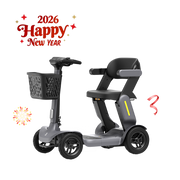
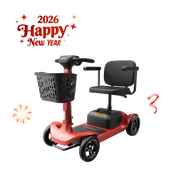
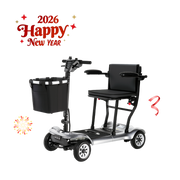
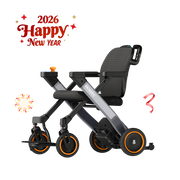
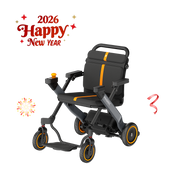
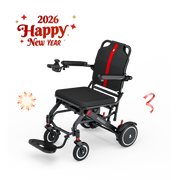
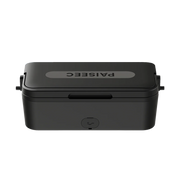
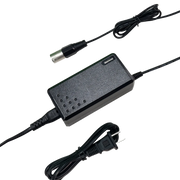
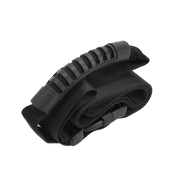
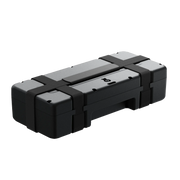
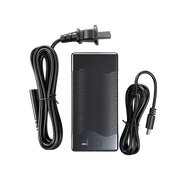
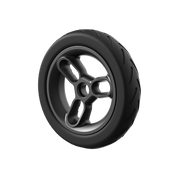
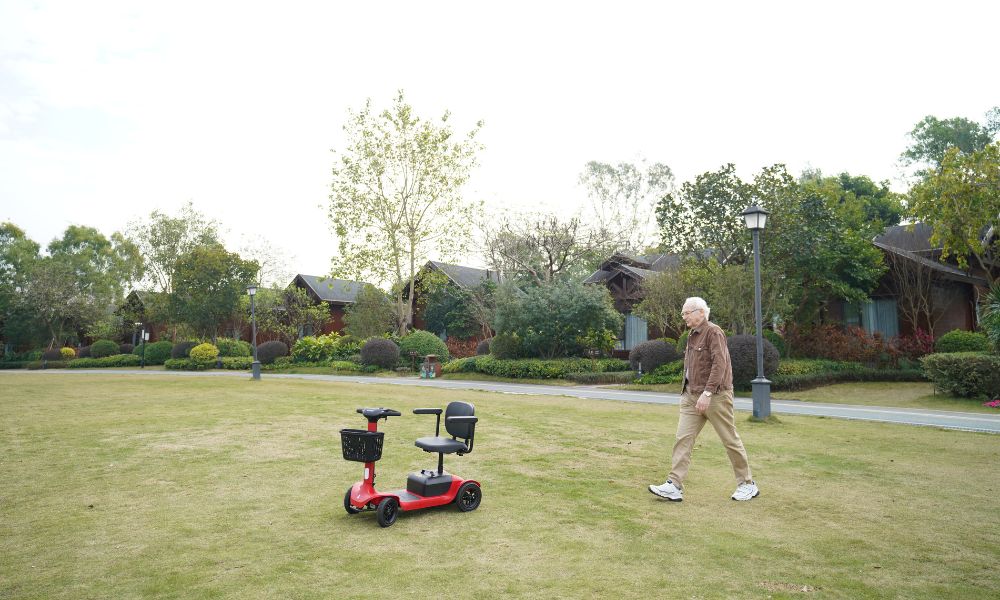
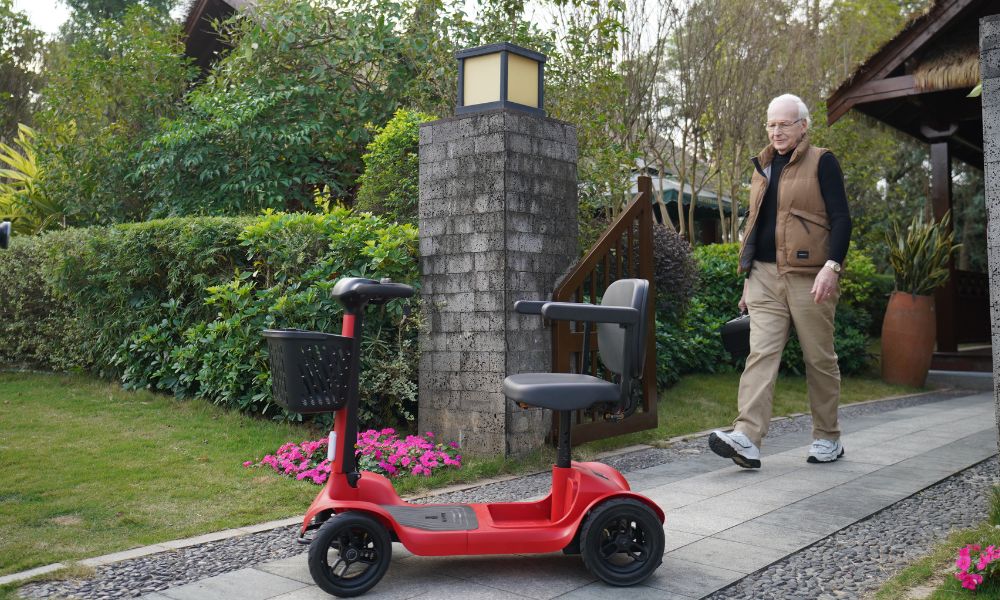



Leave a comment
This site is protected by hCaptcha and the hCaptcha Privacy Policy and Terms of Service apply.